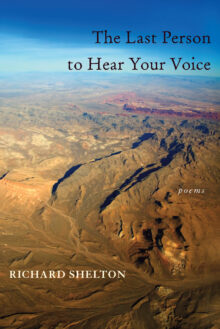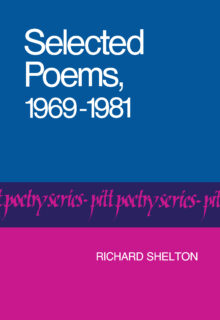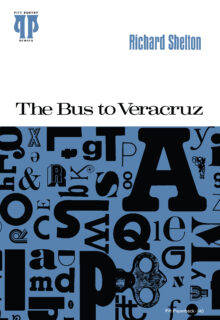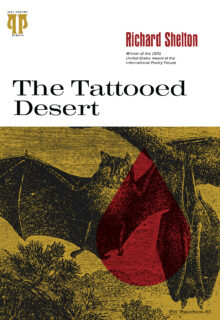
Richard W. Shelton
Richard Shelton is Regents Professor of English at the University of Arizona. He is the author of ten books of poetry and six chapbooks. Shelton is the recipient of numerous awards, including the United States Award from the International Poetry Forum and two NEA Fellowships.
The Last Person to Hear Your Voice
While Shelton has been known primarily for his poems dealing with the landscape of the Southwest and the destruction of that landscape, the poems in this book are much more far-ranging, including many poems dealing with soocial issues (the issue of illegal immigration on our southern border, homelessness), historical events (the war in Iraq, the events of 9/11) and attitudes concerning politics and the environment. The poems are filled with sensory images, engaged in the real world, often ironic or simply off-the-wall, and their tone ranges from deeply sad, as in a requiem for Glen Canyon on the Colorado River, to the wildly funny, as in Brief Communications from My widowed Mother.
Selected Poems, 1969-1981
Shelton assembles the best of his previous work together with a selection of new poems.
The Bus to Veracruz
In Shelton’s fourth collection of poems, he writes of the desert Southwest, and through it gives his unique view of the world. The poems speak of landscape, marriage, freedom, and death.
The Tattooed Desert
Shelton says of his work: “I consider myself a regionalist and a surrealist. I have lived in the desert for ten years and hope that my work reflects that fact.” In the forty-seven poems in this collection the poet moves backward and forward through time but always in the same landscape, the desert-mountains of southern Arizona, which foster his surrealistic view of his interior conflict. He is followed by peculiarly insistent voices from the past.




